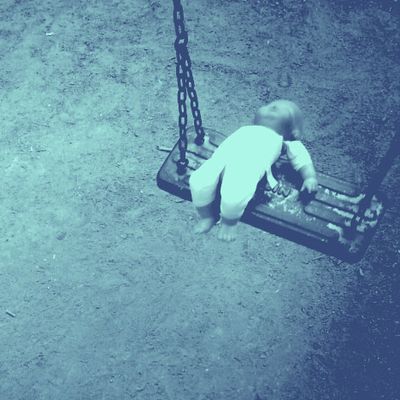
At this point, there’s pretty solid evidence that pedophiles can’t control the fact that they are attracted to children. What they can control — or many of them can, at least — is whether or not they act on these urges. Some pedophiles are starting to understand this and form support groups to help figure out how to live with their condition without hurting anyone. The most well-known group of this sort is probably the Virtuous Pedophiles, which gained a lot of attention when it was featured on an episode of This American Life, as well as a big story on Medium, in 2014.
So the question of what separates so-called “non-offending” pedophiles from offending ones is really important from a public-policy perspective: To the extent society can encourage pedophiles to get help, and can offer them resources to deal with their condition, it will reduce the number of children who are molested or assaulted.
That’s why a paper published in Current Sexual Health Reports by James Cantor of the Centre for Addiction and Mental Health in Toronto, and Ian Mcphail of the University of Saskatchewan, makes for such an interesting read: It lays out the current state of research regarding so-called non-offending pedophiles, and explains why society’s approach to the issue is often counterproductive.
Summing up a bunch of research, Cantor and Mcphail write that “non-offending pedophiles are less likely to view sexual activity with children as acceptable, may be more able to manage their responses to sexual stimuli, and may believe they are better able to control their sexual arousal and behavior than pedophilic individuals who do act on their sexual interests.” All these findings offer possible entry points for researchers hoping to develop better therapies for pedophiles.
It’s not just internal factors that determine whether a pedophile offends, though — the stuff they’re dealing with in their lives matters a lot, too, since hopelessness and desperation appear to be significant risk factors. The paper notes research from Cantor which suggests “that individuals offend when they are at their most vulnerable and experience pervasive loneliness.” Overall, the duo write, “Working through the experience of loneliness and finding ways to satisfy social and intimacy needs may be key aspects of preventative treatment with non-offending pedophiles.”
These are all functions that a group like Virtuous Pedophiles can perform, of course. The problem is that there are limits to the efficacy of online support networks. In some cases, professional help is a lot more effective, but even clinicians have to deal with so-called courtesy stigma: “Clinicians who do offer treatment to this population may face prejudice and discrimination for simply providing services to non-offending pedophiles,” Cantor and Mcphail write.
Taking all this together, the tension here is clear: Because of the great harm offending pedophiles do to children, there’s a natural urge to punish and ostracize them. But in addition to sometimes leading to “solutions,” like housing restrictions, that don’t actually keep children safe, the urge to punish and ostracize often ends up extending to non-offending pedophiles, to people who really want to get help. And the less secure they feel coming out of the woodwork and seeking out help in keeping their urges in check, the more likely it is that they’ll offend.




